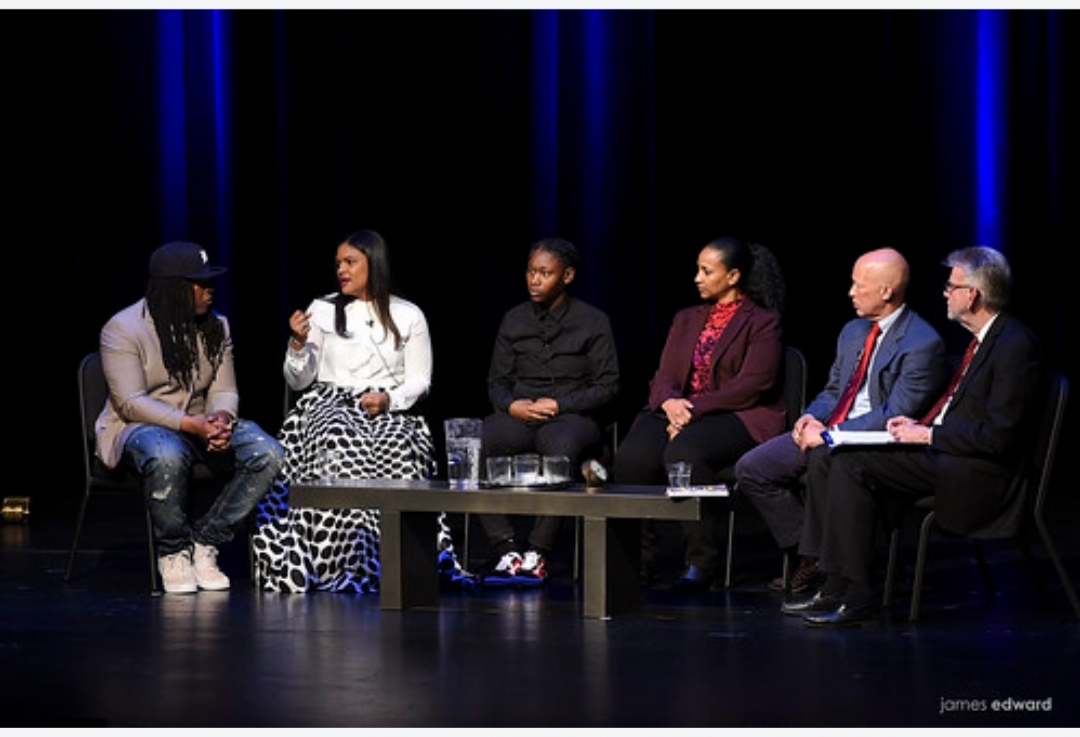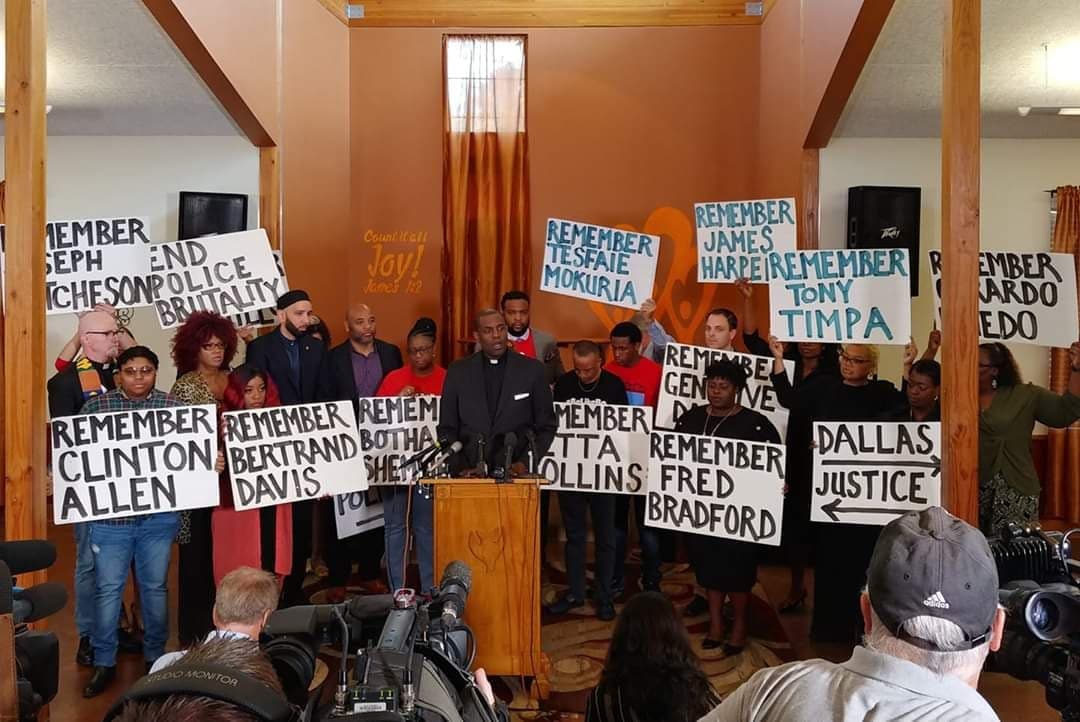ReImagine Justice
True systemic change can only happen when community members and stakeholders unite around shared values and vision to drive change.
ReImagine Justice focuses on strategic connections with comunity-based organizations, defense counsel, directly impacted emerging adults, and stakeholders.
These connections build a network of strong community voices and vision for what public safety and justice looks like in their respective communities. Strategic connections also support the infrastructure needed for communities to provide true alternatives to incarceration for youth and emerging adults.
ReImagine Justice is supported by three pillars of engagement with a particular focus on racial equity:
-
- Uplifting youth and emerging adult voices
- Education and training
- Community connectivity

Youth & Emerging Adult Voice
“No decisions about us without us.”
– 2019/2020 Transformative Justice Participant
Solutions to problems are best found when those closest to the problem have a voice in developing the solutions. LSJA brings together young people with conversation, advocacy, and engagement, giving them a space to speak up for themselves and their peers who have been subjected to the harms of the criminal legal system.

Education and Training:
The work of system transformation requires a shared baseline understanding of the system, factors impacting the system, and its outcomes.
Our education and training are intended to increase the collective knowledge and skills of community members, stakeholders, and defense counsel through law-related training and programming opportunities.
These shared skills and knowledge are the foundation for driving sustainable change in the juvenile and criminal legal systems.
Community Connectivity
Grassroots organizations work overtime in communities with high incarceration rates. Often, this over-extension results in organizations unintentionally working in silos.
By eliminating silos, the ReImagine Justice Coalition seeks to harness the power of community. Together, we lead the work of reimagining justice and wielding political, philanthropic, and social power. Our goals are to shift policies and practices that perpetuate cycles of justice system involvement and the racial inequities therein.
Change must be grounded in data and research-based practices that address racial equity, poverty, and public health. Through changing public perception of these key drivers and working together, we can achieve better outcomes for our youth and emerging adults.

